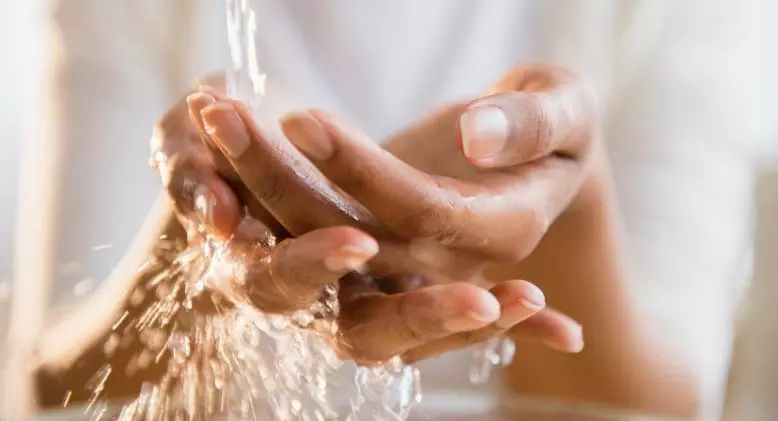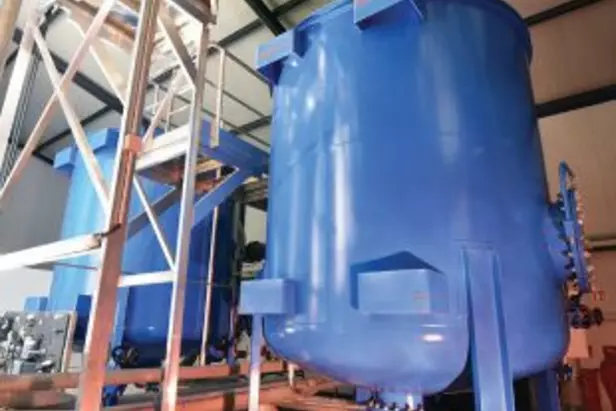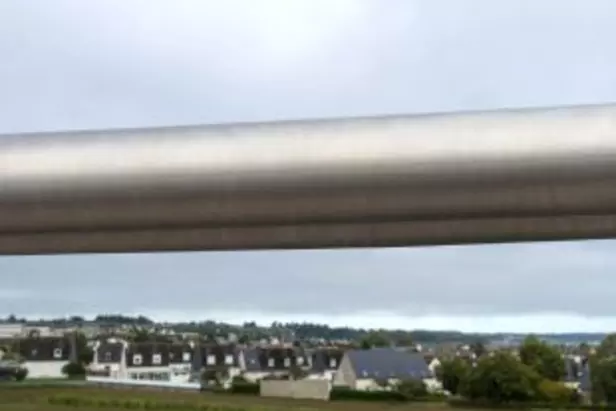Although it is subject to a number of preconceived, often negative, ideas, having hard tap water is not all bad. Not dangerous to health, it provides the calcium and magnesium the body needs to function properly, helping to strengthen bones and prevent the risk of cardiovascular disease.
However, when the water is very hard, it may dry out sensitive skin and cause limescale build-up in household appliances and pipes, leading to higher energy consumption and greater use of hygiene products. The right balance has to be found.
Understanding water hardness
Water is more or less hard depending on the nature of the natural pathway it has travelled before being extracted and made drinkable. The lime content will therefore vary depending on the region.
In France, water hardness is defined in "French degrees": 1°f being equal to 4 mg of calcium or 2.4 mg of magnesium per liter of water. When the hardness is above 15°f, it is classified as hard water (very hard between 30 and 40°f, and extremely hard above 40°f), and when below 15°f, it is classified as strong>soft water..
In France, water hardness is on average between 20 and 30°f. For a household of four people, water that is too hard probably adds about €250 a year to the budget (hygiene products and maintenance, energy, household appliances, etc.). Individual softeners retail somewhere between €1,000 and €4,000, not including the cost of maintenance and regeneration products adding an extra €50 to €400 a year.
How municipal water is softened
We offer a collective, economical and sustainable water softening alternative for towns with a population of 500 or more, including:
- A price fixed in advance, with no surprises for households
- A study phase
- An implementation period of two years maximum
- Financing
- The softening plant construction and commissioning
- An established and guaranteed level of water hardness
- Administrative and regulatory management
- Communication with local residents
- 24/7 water quality monitoring
On average, our collective water softening solutions save a family of four €200 a year.
- You reduce your environmental footprint
- You make your region more attractive
- You improve social equality
What are the benefits for you as a local authority?

We did it!

France
In 2017, at the request of the Vexin Normand inter-municipal water authority, we implemented a collective softening solution that halved the water hardness from 35°f to 18°f.

France
These two plants, commissioned in July 2019, have enabled the Guénange intermunicipal water and wastewater authority (SIRGEA) to halve limestone content of its water from 40°f to around 15/20°f for its population of 14,000, and the Florange Sérémange-Erzange intermunicipal water authority (SIEFSE) to reduce the hardness of its water by 10°f, from 35°f to 25°f.


